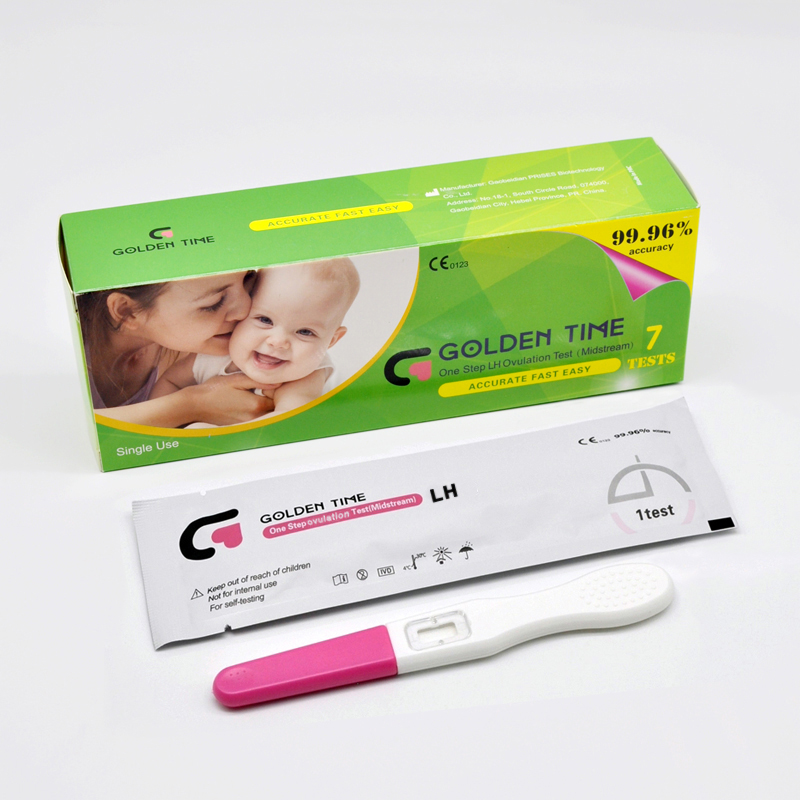Oct . 11, 2024 18:50 Back to list
Wholesale Pricing for Hepatitis C Antibody Test Suppliers and Manufacturers
Understanding the Wholesale Pricing of Hepatitis C Antibody Tests A Manufacturer’s Perspective
Hepatitis C remains a significant public health challenge globally, with millions of individuals infected and unaware of their status. Early diagnosis through testing is crucial for effective treatment and management of the disease. As such, the demand for hepatitis C antibody tests has grown, prompting manufacturers to explore the dynamics of wholesale pricing for these tests. This article examines the factors influencing wholesale pricing, the role of manufacturers, and the overall implications for public health and healthcare providers.
The Importance of Hepatitis C Testing
Hepatitis C is a viral infection that primarily affects the liver, potentially leading to long-term health issues, including liver cirrhosis and liver cancer. The World Health Organization (WHO) estimates that around 71 million people are infected worldwide. With many individuals unaware of their infection, screening and testing are critical to curbing the virus's spread. Hepatitis C antibody tests are the first step in diagnosing the infection, detecting antibodies that indicate past or current infection with the virus.
Components of Wholesale Pricing
When manufacturers set wholesale prices for hepatitis C antibody tests, several factors come into play
. Understanding these components can provide insights into the overall pricing structure1. Production Costs The cost of raw materials, manufacturing processes, labor, and quality control all contribute to the overall production cost of the tests. Advanced technology and high-quality materials may increase costs but can also enhance the test's efficacy and accuracy.
2. Research and Development (R&D) Investment in R&D is essential for developing reliable and quick testing solutions. Manufacturers often pass some of these costs onto consumers and distributors through wholesale pricing. Innovative testing methods, such as rapid tests or point-of-care testing, may require greater initial investment but offer significant long-term benefits in terms of accessibility and patient management.
wholesale hepatitis c antibody test price manufacturers

3. Regulatory Compliance Obtaining approvals from health authorities such as the Food and Drug Administration (FDA) in the U.S. or the European Medicines Agency (EMA) involves rigorous testing and documentation processes. Compliance with these regulations ensures the products meet safety and efficacy standards, but the associated costs can be substantial.
4. Market Competition The presence of multiple manufacturers in the market affects pricing strategies. Competition often leads manufacturers to adjust their prices to remain competitive while still covering their production costs. This dynamic can benefit healthcare providers, allowing them to access a broader range of pricing options.
5. Distribution and Logistics The logistics of distributing tests, including transportation, storage, and inventory management, also impact wholesale pricing. Efficient supply chain management can reduce costs, ultimately leading to lower prices for end-users.
Implications for Healthcare Providers
Healthcare providers rely on the wholesale pricing of hepatitis C antibody tests to make informed purchasing decisions. Competitive wholesale prices can lead to broad access to testing, encouraging healthcare facilities to establish routine screening programs. The ability to obtain affordable tests can motivate providers to implement initiatives aimed at identifying and treating hepatitis C early, ultimately improving patient outcomes.
Moreover, lower costs can facilitate the development of partnerships between healthcare facilities and public health organizations. Collaborative efforts can increase outreach and testing availability, particularly in underserved populations who may be at higher risk of hepatitis C infection.
Conclusion
In conclusion, the wholesale pricing of hepatitis C antibody tests reflects a complex interplay of production costs, regulatory compliance, market competition, and logistical considerations. Understanding these dynamics can help manufacturers strategically position their products in the marketplace while ensuring that healthcare providers have access to affordable testing options. As public health efforts continue to focus on eliminating hepatitis C, effective pricing strategies and partnerships among manufacturers, healthcare providers, and public health officials will be crucial in enhancing testing availability and improving patient care. As we advance, it remains essential to strike a balance between profitability for manufacturers and access to affordable healthcare solutions for patients worldwide.
-
Malaria Pf Ag Rapid Test Kit - Quick & Accurate Detection
NewsAug.11,2025
-
Accurate Cardiac Marker CK-MB Rapid Test for Quick Results
NewsAug.10,2025
-
Premium Empty ABS Plastic Cassette for Test Strips
NewsAug.09,2025
-
Sterile Urine Cup: Accurate Specimen Collection for Labs & Home
NewsAug.08,2025
-
Malaria Pf/Pan Ag Rapid Test Kit for Fast, Accurate Diagnosis
NewsAug.07,2025
-
Rapid Canine Corona Test: Fast & Accurate Results
NewsAug.06,2025

